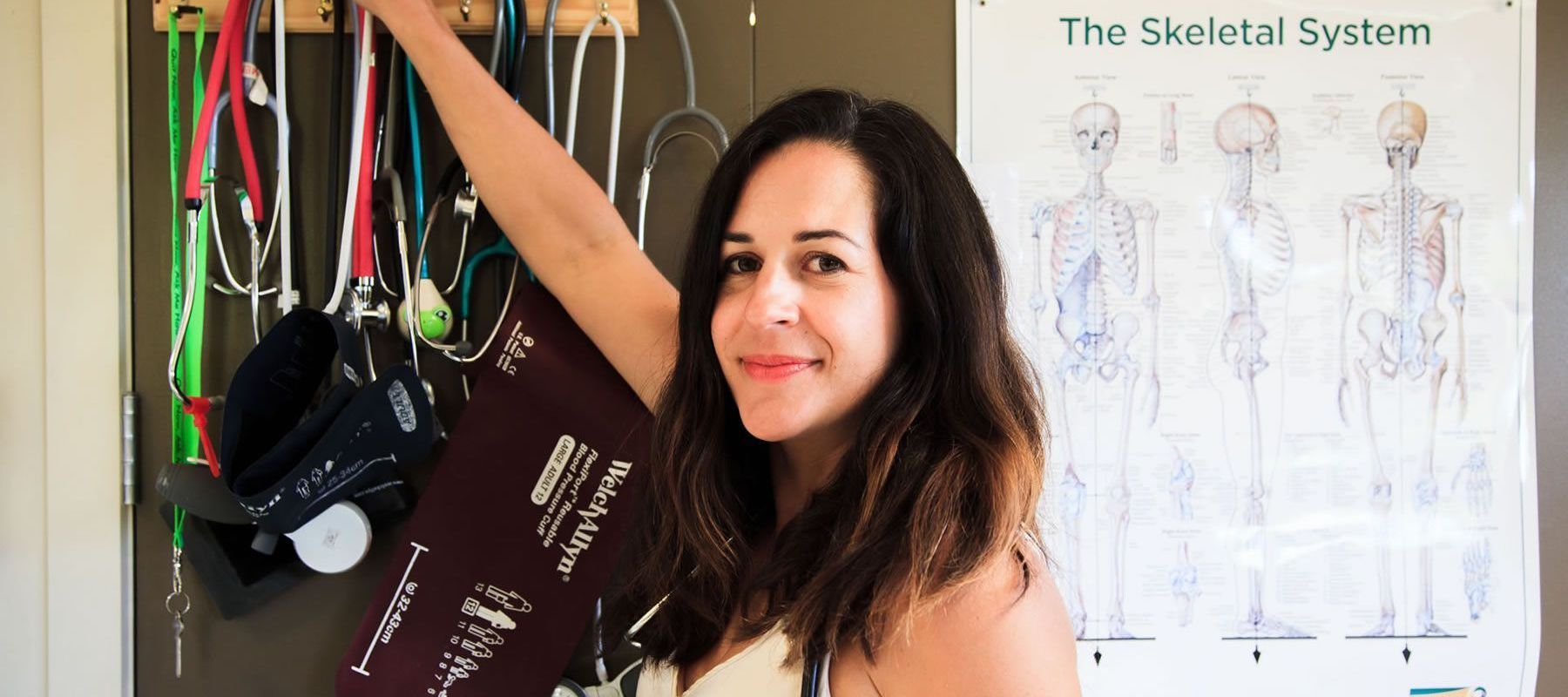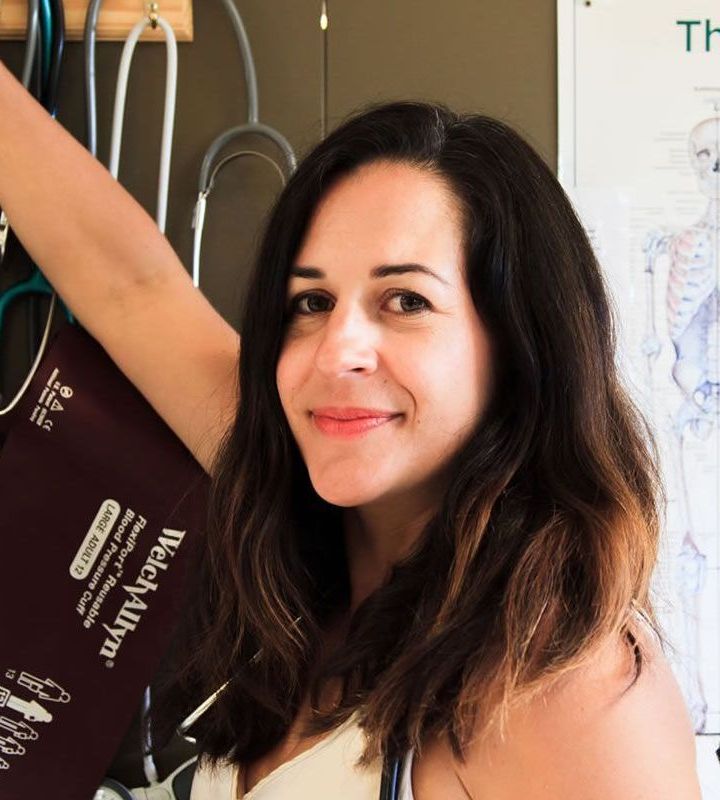Stop Smoking Clinic
Wanting to kick the habit ?
Here at Papamoa Pines we have a dedicated clinic to help you to stop smoking.
Tobacco smoking is a major public health problem in New Zealand. Overall, around 23% of New Zealanders smoke tobacco.1 However, smoking prevalence is much higher among Ma¯ori (46%) and Pacific peoples (36%). In addition to being directly linked to almost 5000 deaths each year, tobacco smoking causes significant morbidity and contributes to socioeconomic and ethnic inequalities in health in New Zealand.
Nicotine Dependence
- Most smokers become addicted to nicotine, a drug that is found naturally in tobacco.
- More people in the United States are addicted to nicotine than to any other drug.
- Research suggests that nicotine may be as addictive as heroin, cocaine, or alcohol.
- Quitting smoking is hard and may require several attempts.
- People who stop smoking often start again because of withdrawal symptoms, stress, and weight gain.
- Nicotine withdrawal symptoms may include:
- Feeling irritable, angry, or anxious
- Having trouble thinking
- Craving tobacco products
- Feeling hungrier than usual
Health Benefits of Quitting
Tobacco smoke contains a deadly mix of more than 7,000 chemicals; hundreds are harmful, and about 70 can cause cancer. Smoking increases the risk for serious health problems, many diseases, and death.
People who stop smoking greatly reduce their risk for disease and early death. Although the health benefits are greater for people who stop at earlier ages, there are benefits at any age. You are never too old to quit.
Stopping smoking is associated with the following health benefits:
- Lowered risk for lung cancer and many other types of cancer.
- Reduced risk for heart disease, stroke, and peripheral vascular disease (narrowing of the blood vessels outside your heart).
- Reduced heart disease risk within 1 to 2 years of quitting.
- Reduced respiratory symptoms, such as coughing, wheezing, and shortness of breath. While these symptoms may not disappear, they do not continue to progress at the same rate among people who quit compared with those who continue to smoke.
- Reduced risk of developing some lung diseases (such as chronic obstructive pulmonary disease, also known as COPD, one of the leading causes of death in the United States).
- Reduced risk for infertility in women of childbearing age. Women who stop smoking during pregnancy also reduce their risk of having a low birth weight baby.
Ways to Quit Smoking
Most former smokers quit without using one of the treatments that scientific research has shown can work. However, the following treatments are proven to be effective for smokers who want help to quit:
- Brief help by a doctor (such as when a doctor takes 10 minutes or less to give a patient advice and assistance about quitting)
- Individual, group, or telephone counseling
- Behavioral therapies (such as training in problem solving)
- Treatments with more person-to-person contact and more intensity (such as more or longer counseling sessions)
- Programs to deliver treatments using mobile phones
Medications for quitting that have been found to be effective include the following:
- Nicotine replacement products
- Over-the-counter (nicotine patch [which is also available by prescription], gum, lozenge)
- Prescription (nicotine patch, inhaler, nasal spray)
- Prescription non-nicotine medications: bupropion SR (Zyban®), varenicline tartrate (Chantix®).
Counseling and medication are both effective for treating tobacco dependence, and using them together is more effective than using either one alone.
‘Stop Before You Start’ is a new anti-smoking campaign aimed at young adults, who are at risk of taking up smoking.
Research shows that young adulthood is a key time for establishing smoking behaviours, with a large number of New Zealand’s young adults smoking in social settings despite not identifying as smokers. These young adults run the risk of becoming addicted daily smokers.
It is the first time an anti-smoking campaign has specifically targeted this age group. To find out more, visit the Stop Before You Start website.

